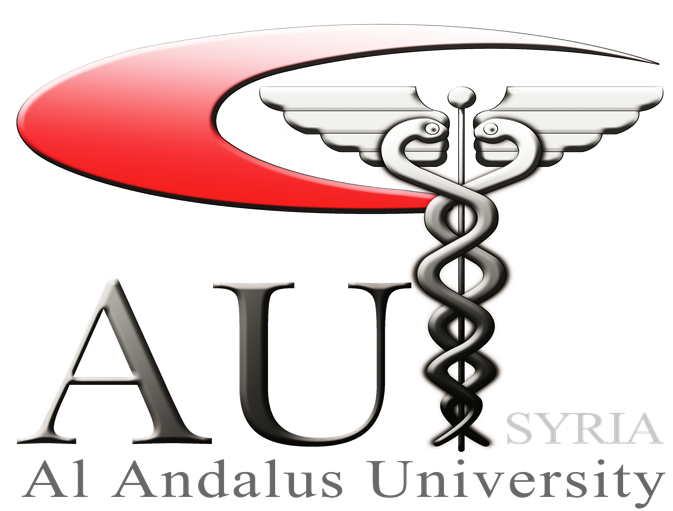Study System dentist
Rules governing attendance, pass and graduation
Article (1): A module can be transferred from one semester to the other in the same year if necessary upon approval by the faculty council.
Article (2): Attending classes is mandatory for all study years at the faculty of dentistry. The attendance percentage required for students to be allowed to sit their theoretical and lab exams for any module is 85% of the total attendance hours. If the student has not achieved this percentage he/she will not be allowed to sit the related exam.
Article (3):
- First: Grades of modules which have no lab work are distributed as follows:
- (25%) for class activity.
- (75%) for theoretical exam.
- Second: Grades of nonclinical modules which consist of a theoretical part and lab work are distributed as follows:
- (60%) for theoretical exam.
- (40%) for class activity, which is allocated as follows:
- (10) marks for midterm exam.
- (15) marks for assignments.
- (15) marks for end-of-term lab exam.
- Third: Grades of clinical modules which consist of a theoretical part and lab work are distributed as follows:
- (10) marks for midterm exam.
- (25) marks for clinical work.
- (15 marks) for end-of-term lab exam.
- (50) marks for final theoretical exam.
Article (4):
- Nonclinical modules: A student who fails any of the nonclinical modules may keep his/her marks for the class activity, thus, he/she is excused from attending the class of that particular module. The student is also eligible for reattending the class activity for that module by submitting a request to the faculty dean within the first month of the semester. If this is the case the student loses his/her previous marks and must attend the class as usual.
- Clinical modules: A student must achieve at least 40% of the total mark in the lab work in order to be allowed to sit the theoretical exam.
Article (5): the minimum and maximum marks for each module are (0) and (100), and the student must achieve at least (60) in order to pass.
Article (6):
- A student who has passed all the required modules is subject to the colloquium exam as well as conducting a graduation project, which is defined by the faculty administration.
- Passing the colloquium exam and submitting the graduation project thesis is a perquisite for graduation.
Article (7): General rules: any issue that is not subject to the rules mentioned here is subject to the rules and regulations governing the exams at Al Andalus University and to the related decisions taken by the higher education council.
Article (8): the student who has passed all the modules of the related study plan is awarded a certificate signed by the dean of the faculty and the president of the university. The higher education council is responsible for determining the form of this certificate upon a suggestion from the university council.
Article (9): the student who has passed all the modules of the related study plan is given a graduation document signed by the dean of the faculty and the president of the university. The dean may also provide the student with a temporary document or a transcript of records containing all the modules studied and all the grades received. Any faculty student or graduate, who wishes to, may be provided with a document containing information found in the faculty records according to the related regulations.
Article (10): The Doctor of Dental Surgery (DDS) is awarded to graduates according to the following grading system:
- With honours: Grade Point Average (GPA) is (95) or more.
- Distinction: GPA is (85) up to (95) excluded.
- Very Good: GPA is (75) up to (85) excluded.
- Good: GPA is (65) up to (75) excluded.
- Fair: GPA is (60) up to (65) excluded.
Article (11): student registration process (including students transferred from other universities) is subject to the rules and regulations related to registration and transfer of students at Al Andalus University.
Article (12): the syllabus of each module is adopted by the council for academic affairs upon a suggestion from the related department, which must be agreed upon by the faculty council.
